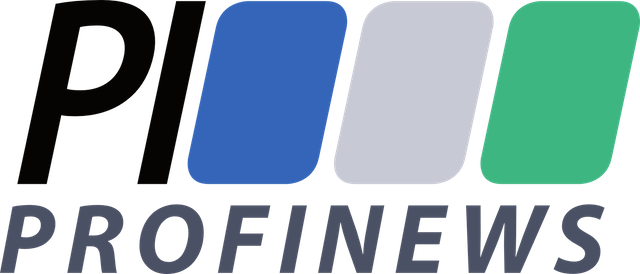Ever wondered how PROFIBUS & PROFINET International (PI) is organized? As a non-profit member-supported standards organization, there’s nothing standard about its structure. That’s because PI follows the ‘think globally, act locally’ model. It means the products using PI’s technologies can be installed globally, but dcentralized PI offices are never far away servicing their own regions locally.
Think Globally
The headquarters of PI, located in Karlsruhe, Germany, is known as the PNO (PROFIBUS Nutzerorganisation). It consists of a Board of Directors, an Advisory Board, all of the Committees and Project / Working Groups, plus other support entities. The technical and marketing tasks of PI technologies are performed by Committees and Project / Working Groups. Different topics of the same scope are covered by Project / Working Groups that are consolidated within one Committee. The Committees are organized in a flexible matrix structure, which enables better visibility and coordination of the Committees’ and their Project / Working Groups’ tasks. The Committee Chairmen align the comprehensive tasks at Technical Strategy meetings of the Advisory Board.
Act Locally

Regional PI Associations
Regional PI Associations (RPAs) provide a local point of contact and act as a liaison with the global PI organization. With PI’s technologies standardized worldwide, RPAs provide local support to manufacturers for fast and efficient service. Each RPA is a non-profit and independent entity. This ensures access for all interested parties since PI’s global technologies are open and neutral. Every independent RPA maintains a Quality of Service (QoS) Agreement to ensure that it provides the best possible support at the local level.
Competence & Training Centers
PI Competence Centers (PICCs) are centers of technical expertise and work closely with the RPAs. Offering technical support and supporting first-time developers of PROFIBUS, PROFINET, IO-Link, and omlox devices and systems is the everyday work of a PICC. PI Training Centers (PITCs) support developers and users in learning about and using PI’s technologies. PITCs deliver standardized educational sessions aimed at raising the knowledge level of engineers and technicians in several important areas of PROFIBUS and PROFINET. Successful trainees are awarded certified engineer or installer status. PICCs and PITCs are subject to a QoS Agreement administered by PI to ensure the technical excellence of the service they deliver.
Test Laboratories
Users expect a high level of interoperability based on qualified products from their suppliers. To manage this, PI has established qualified test and certification procedures for product interfaces for its technologies. Accredited PI Test Laboratories (PITLs) offer certification test services. Based on globally standardized conformance and interoperability test procedures, PITLs issue qualified test reports. Based on the qualified test reports, the PI Certification Office (PICO) issues certificates and supports suppliers with entering the certified products in the product catalogue on the PI Website. Suppliers and users benefit from the higher quality of certified product interfaces. Products with certified interfaces increase confidence in the suppliers and reduce downtime of users’ production sites.
